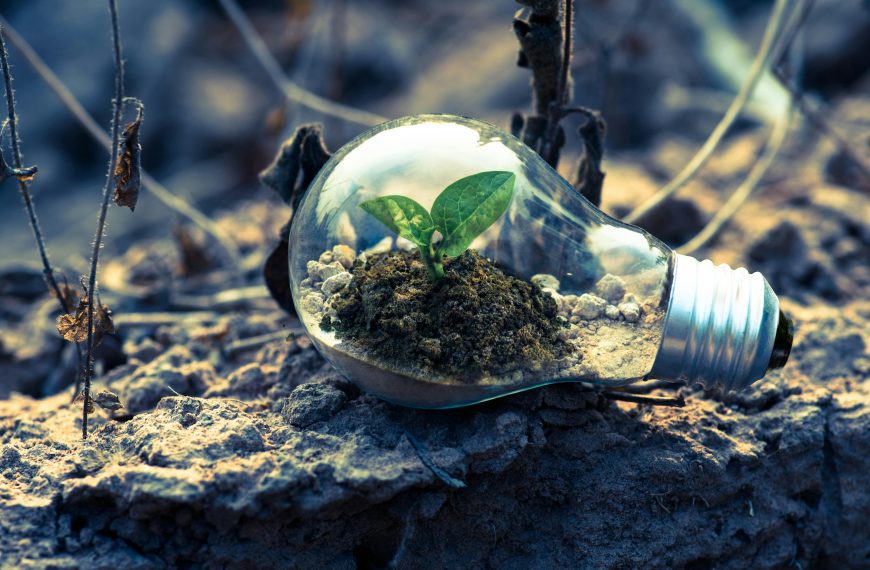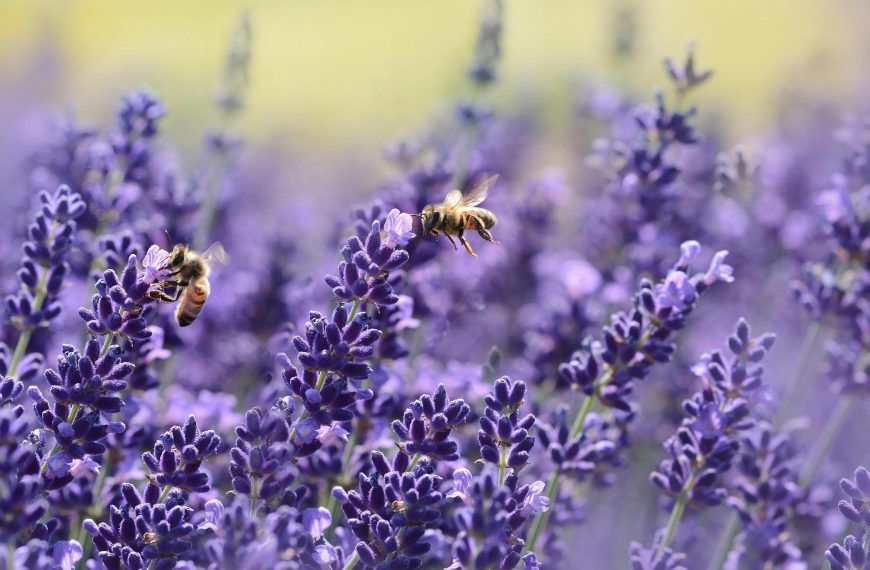In today’s world driven by consumerism and the desire for more, there is a growing movement that advocates for a mindful and simplified way of living: minimalism. This lifestyle shift, combined with conscious consumption, offers a path towards creating a sustainable and eco-friendly future. In this article, we will explore how minimalism and consumption are interconnected with eco-living, as well as the benefits that individuals and the planet can gain from adopting these principles.
By [Your Name]
In a world where material possessions often define our sense of success and happiness, the philosophy of minimalism emerges as a beacon of conscious living. Rooted in the belief that less is more, minimalism encourages individuals to prioritize quality over quantity, ultimately leading to a more harmonious relationship with both personal belongings and the environment.
The Essence of Minimalism: Prioritizing Quality over Quantity
At its core, minimalism is a lifestyle centered around decluttering not only material possessions but also mental and emotional burdens. It involves the deliberate choice to live with belongings that truly bring value to our lives, eschewing the accumulation of unnecessary items. Minimalists seek to simplify their surroundings, creating space for experiences, relationships, personal growth, and meaningful contributions to society.
The concept of minimalism encourages us to interrogate our patterns of consumption, challenging the distinction between needs and conditioned wants. By relinquishing the constant pursuit of material possessions, minimalism inherently lightens the burden on Earth’s finite resources. The act of producing goods is intricately linked with resource consumption and waste generation, making minimalism a powerful antidote to these environmental challenges.
Being Mindful: Making Choices for a Greener World
The ethos of mindfulness intersects seamlessly with the principles of minimalism. Mindful consumption involves a conscious consideration of the impact of our choices, with a particular focus on supporting sustainable products and practices. Mindful consumers educate themselves about the production and disposal processes of items, opting for products that align with their values and the well-being of the planet.
This mindset of mindful consumption entails evaluating factors such as a product’s carbon footprint, the ethical treatment of workers along the supply chain, and the longevity and recyclability of items. By adopting this approach, consumers can drive market demand towards more sustainable production methods, fostering a shift towards an eco-friendly economy.
Sustainable Benefits of Minimalism and Mindful Consumption
1. Less Depletion of Resources: The incessant demand for goods fuels the extraction and exploitation of Earth’s resources. Embracing minimalism and practicing mindful consumption directly reduces the demand for products, subsequently decreasing the strain on materials such as timber, minerals, and fossil fuels.
2. Reduced Carbon Footprint: The processes of manufacturing and transportation significantly contribute to carbon emissions. Both minimalists and mindful consumers actively contribute to reducing greenhouse gas emissions by choosing products with minimal carbon footprints.
3. Decreased Waste Generation: Our society’s fixation on material goods results in an alarming amount of waste, much of which ends up in landfills or pollutes our oceans. Embracing minimalism involves intentional choices to purchase only what is truly essential, resulting in less packaging waste and a reduced need for disposal.
4. Driving Sustainable Practices: As more individuals prioritize sustainability, businesses are compelled to adapt their practices. Minimalists and conscious consumers play a pivotal role in catalyzing change by supporting eco-friendly products and practices across various industries.
5. Attaining Financial Freedom: The minimalist lifestyle not only benefits the environment but also paves the way for personal liberation. By redirecting focus from fleeting trends to meaningful experiences, individuals can save money that can be channeled into investments for personal growth or environmental initiatives.
Practical Steps to Embrace the Lifestyle
1. Thoughtful Decluttering: Begin by assessing your possessions and gradually decluttering. Reflect on whether each item genuinely adds value to your life or merely occupies space. Consider donating, selling, or repurposing items you no longer need.
2. Mindful Purchasing: Before making a purchase, pause and consider its necessity. Do you truly need it? Is there a more sustainable alternative? Research the practices of the company and opt for products with minimal packaging.
3. Invest in Quality: Instead of opting for disposable items, invest in high-quality products built to last. This not only reduces waste but also ensures durability over time, diminishing the need for replacements and excessive consumption.
4. Support Ethical Brands: Seek out companies that prioritize sustainability in their production methods, materials, and ethical practices.
5. Practice the 30-Day Rule: For essential purchases, implement the 30-day rule. Wait a month before making the purchase, as often your initial desire will fade, revealing that you can live without it.
6. Reduce Digital Clutter: Minimalism extends beyond physical possessions. Simplify your digital life by organizing files, unsubscribing from unnecessary emails, and unfollowing digital accounts that don’t add value.
We stand at a critical juncture in history where individual choices have the power to shape the collective future of our planet. Embracing minimalism and mindful consumption offers a transformative path towards a sustainable future. By curbing the tide of excessive consumerism and nurturing a deeper connection with our environment, we not only reduce our ecological footprint but also discover the joy of leading more intentional, meaningful lives. As we tread lightly upon the Earth’s surface, we pave the way for a world that thrives for generations to come—a world that is healthier, more vibrant, and abundant. The journey towards this future begins with the choices we make today.









